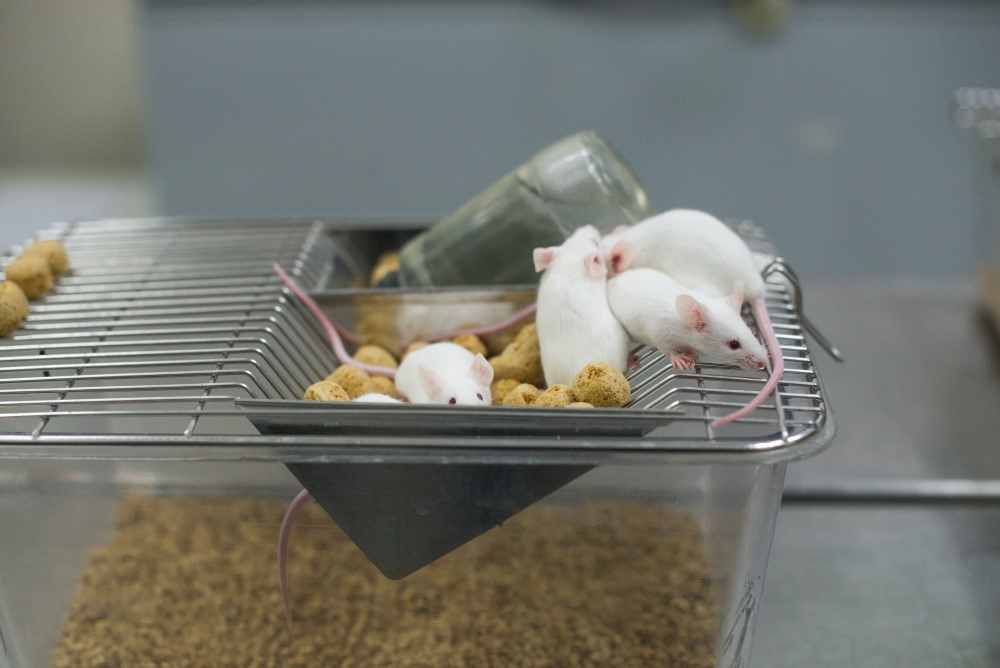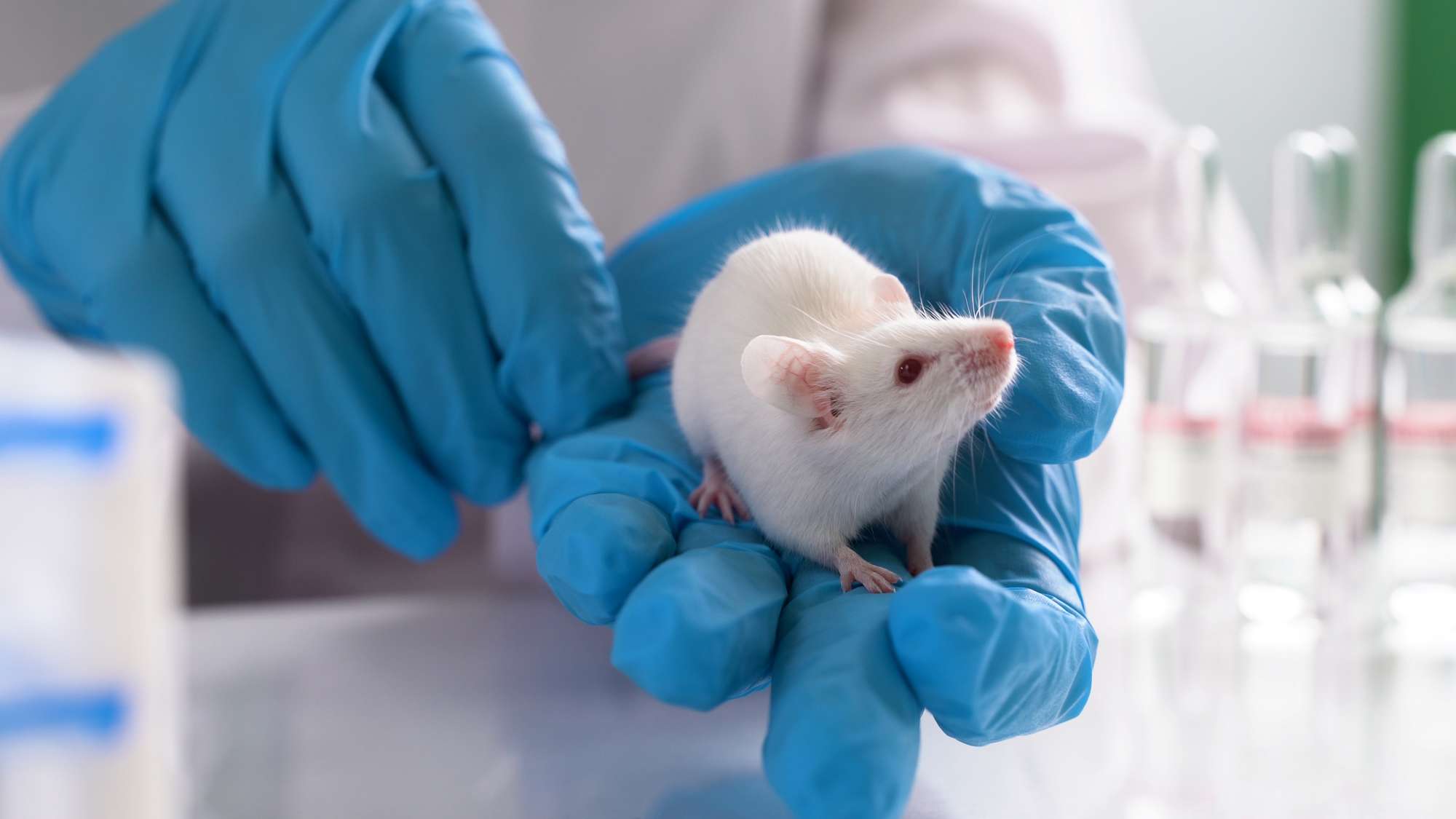Genetic signals common to 14 psychiatric disorders found in the DNA of more than one million people
A large international study has analyzed genomic data from over one million people with 14 different psychiatric disorders, such as depression, anxiety, and schizophrenia. According to their analysis, five groups of diseases can be identified that share a significant number of genetic variants. Furthermore, common genetic markers were detected among these 14 disorders. The results are published in the journal Nature.









